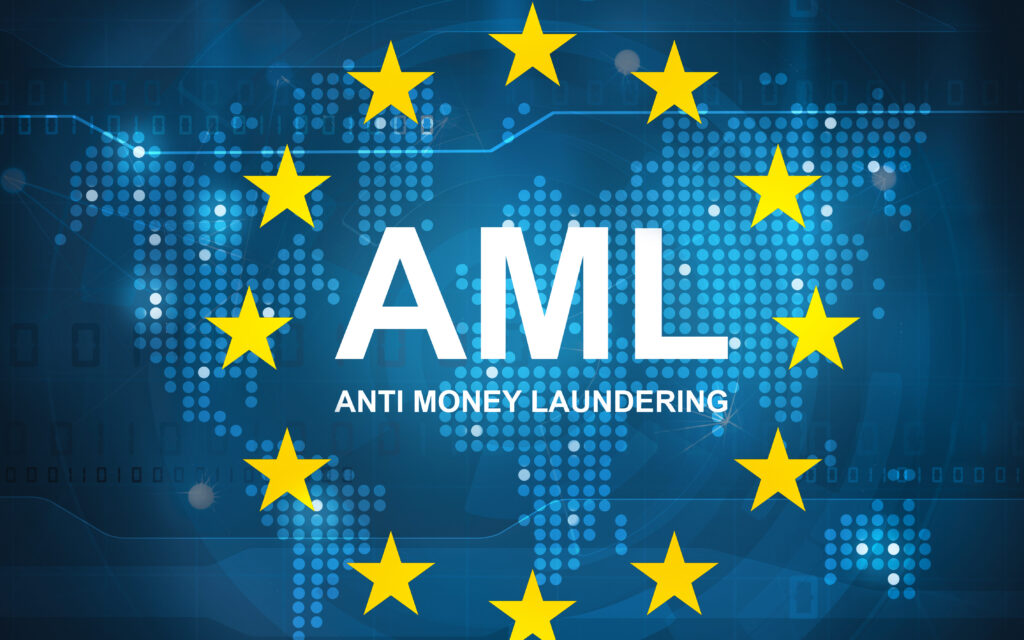Based on the Europol’s report “Cryptocurrencies: tracing the evolution of criminal finances” [(Europol (2021), Europol Spotlight Report series, Publications Office of the European Union, Luxembourg]
Nowadays, cryptocurrencies are not the major mean of settlement of criminal deals
“The use of cryptocurrency as part of criminal schemes is increasing, and the uptake of this payment medium accelerating. However, the overall number and value of cryptocurrency transactions related to criminal activities still represent only a limited share of the criminal economy when compared to cash and other forms of transactions”.
The private sector reports that the unlawful use of cryptocurrencies by criminals accounted for a small part of their overall use, accounting for the 0.34 % of all cryptocurrency transactions in 2020 (ca one in 300 transfers of value). Academic research on the other hand reported for up to 23% of all bitcoin transactions between 2009 and 2017. However, in processing this information we need to bear in mind that we are comparing apples with pears, as we do not see the overall money laundering scale for the period as a benchmark and we need to bear in mind that the reported transactions are often part of money laundering procedures of later than placement stages, where we may face many multiplication of the same assets subject to layering procedures.
All in all however, it seems that traditional methods of criminal settlements are still in place. Which may also indicate, that there is still space for improvement in finCrime prevention regulatory landscape.

Cryptocurrencies and use of cryptocurrency wallets are not anonymous, despite many tend to believe so
“Most blockchains are publicly available, making transactions traceable. This gives law enforcement access to substantially more information than a case involving cash”.
Moreover, we need to bear in mind that according to the the AMLD5 all (i) providers engaged in exchange services between virtual currencies and fiat currencies and (ii) entities that provides services to safeguard private cryptographic keys on behalf of its customers and who hold, store or transfer virtual currencies for their customers are considered obliged entities pursuant to AMLD5 and have to apply customer due diligence obligations, including reporting of SARs and STRs to the FIUs.

Should you line to read the full text of the Europol’s report “Cryptocurrencies: tracing the evolution of criminal finances“, click here.